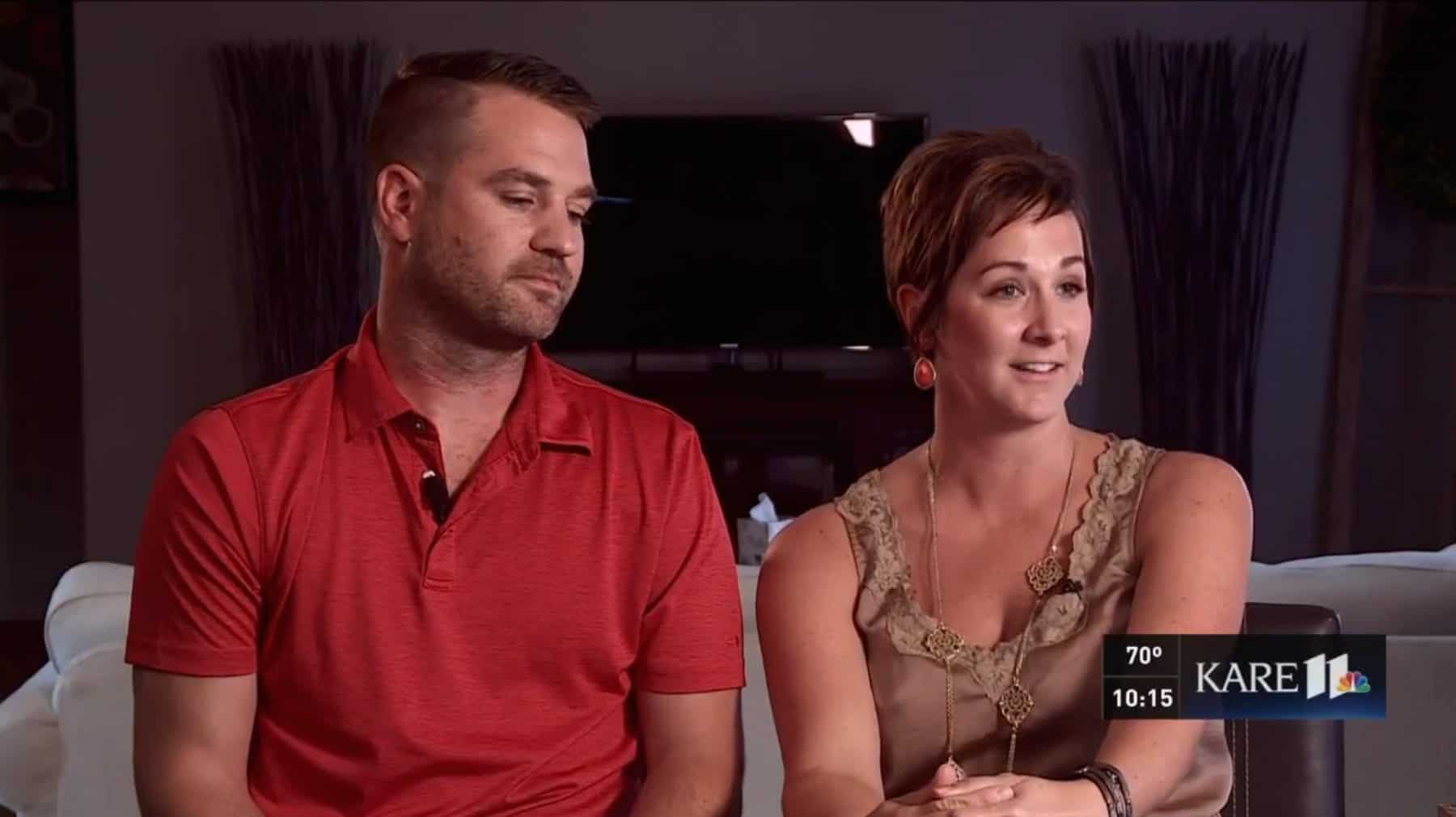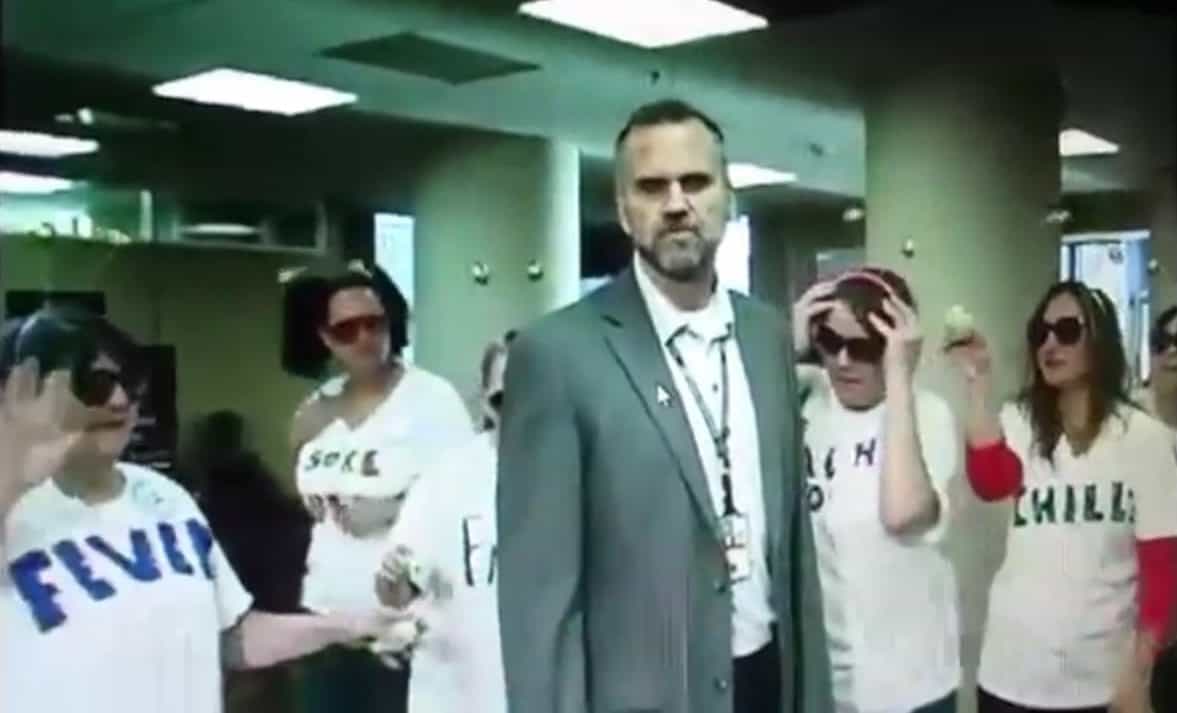Veterans Groups Push Back After Washington Post Report on Disability Fraud
A recent Washington Post investigation exposed alleged abuse within the VA’s $193 billion disability compensation system — and triggered a fierce backlash from veterans service organizations (VSOs) who say the reporting mischaracterizes the system and harms the millions of veterans relying on it.
This dispute has become more than a media spat. It’s a fight over narrative, trust, and whose stories get centered when oversight and reform are discussed.
What the Post Report Found …
The Washington Post’s exposé, “How some veterans exploit $193 billion VA program, due to lax controls”, draws from 25 years of data, public records, and insider accounts to argue that the VA system is vulnerable to fraud and exaggeration.
Key claims include:
- Many approved claims are for minor or treatable conditions — such as eczema, hay fever, acne, or tinnitus — ailments that critics argue are often inflated and divert resources from more serious cases.
- Some actors, including unaccredited claims consultants, aggressively encourage multiple filings and higher disability ratings, sometimes in exchange for steep fees.
- The VA’s internal checks, enforcement, and audits are allegedly inadequate relative to the scope of claims now being processed.
The report suggests that the VA’s “honor system” — built largely on self-reported conditions and trust — has created loopholes ripe for abuse.
The Pushback From Veterans Organizations
Veterans groups were quick to respond — not with silence, but with outrage. Many condemned the coverage as unfair, incomplete, and damaging to the very people the system was built to protect.
The Disabled American Veterans (DAV) called the article “shocking and disgusting,” arguing that it failed to account for systemic reforms and the complex reasons behind the rising number of claims.
The American Legion echoed that criticism. National Commander Dan K. Wiley described the coverage as “one-sided and unbalanced,” saying it paints all veterans with the same brush based on a few extreme cases.
The Paralyzed Veterans of America (PVA) accused the Post of portraying veterans as “fraudsters and cheats,” calling it a disservice to those with real, service-connected disabilities. “Without any context,” their statement read, “the authors chose to tell the story they wanted to tell.”
The Veterans of Foreign Wars (VFW) also pushed back, arguing that the reporting “feeds damaging stereotypes” and ignores invisible injuries — misrepresenting earned disability benefits as “loopholes to exploit.”
Meanwhile, the Military Officers Association of America (MOAA) joined the chorus, condemning the suggestion that veterans are “opportunists exploiting the system.”
Even lawmakers stepped in. Rep. Mark Takano, ranking member of the House Veterans’ Affairs Committee, said the piece focused too heavily on veterans rather than the for-profit consulting firms that prey on them. Takano pointed to the GUARD VA Benefits Act (H.R. 1732) — legislation aimed at cracking down on unaccredited “claim-sharks” who mislead or exploit veterans seeking benefits.
The collective message: yes, fraud exists, but the portrayal of mass abuse misleads the public, stigmatizes legitimate claimants, and erodes trust in the system.
Where Accountability Meets Respect …
This clash highlights a difficult tension: how do we hold systems accountable without eroding support for those the system exists to help?
- Reform Without Scapegoating
VSOs agree that fraud must be addressed — but not by shaming veterans or implying widespread dishonesty. Real reform means tighter regulation of consultants, improved claim verification tools, and more resources for legitimate oversight.
- Let Invisible Injuries Be Heard
Not every injury leaves a scar. PTSD, TBI, and chronic pain often lack “objective proof,” yet they are among the most disabling conditions veterans face. Reducing complex trauma to “minor ailments” dismisses lived experiences that medicine still struggles to measure.
- Distinguish the Few From the Many
Casting suspicion on millions of veterans based on a handful of bad actors creates a chilling effect. Some veterans have already reported hesitating to file new claims or appeals out of fear of being viewed as frauds.
- Watch the Narrative, Win the Trust
When coverage sensationalizes abuse without context or empathy, it fuels division: reformers vs. defenders, watchdogs vs. warriors. In reality, both sides want the same thing — integrity in a system that honors sacrifice.
Why This Matters …
- For veterans: The media narrative affects how they are treated — by the public, by employers, and even within the VA.
- For oversight: Strong reforms need bipartisan, public support — which can’t exist without trust.
- For lawmakers: The debate over “accountability versus compassion” will likely shape the next round of VA policy and funding decisions.
- For the public: Understanding that fraud is the exception, not the rule, is key to protecting programs that serve millions with dignity.
Final Thoughts …
The Washington Post story and the subsequent backlash reveal something deeper than statistics or scandal. They show how fragile public perception can be — and how easily the conversation around veterans’ benefits can shift from support to suspicion.
The truth lies somewhere in between: yes, oversight must improve, but so must understanding. Veterans are not monoliths, and their wounds — visible or invisible — are not up for debate.
As the VA, Congress, and advocacy groups continue to address fraud, the real measure of reform won’t be how many cases are denied — but how many veterans continue to feel seen, heard, and believed.
Stay tuned: As the debate over reform, media accountability, and veterans’ rights continues, DisabledVeterans.org will keep shining a light on both sides — where integrity meets advocacy, and the truth belongs to those who served.





Let me point something out.What the Trump administration is doing is nothing more than what was already being done to me as a US Navy veteran. When you spoke about the VR&E being shutdown and the educational payments being stopped well Ben these veterans get to experience what I experienced on active duty and as a veteran under the department of veterans affairs while living in Gainesville in VISN 8. I guess the other veterans get a dose of how I have been treated. Ben, there is nothing fraudulent about me. I have been denied Chapter 31 at least 8 times. And when I have been trying to do it myself the government has even been blowing it up there too. What you have had is a bunch of VA employees who are not qualified and even if they were qualified they would still be finding ways to harass veterans. You explain that. So do you think it is right with how they have obstructed my efforts? My rights are just as important as any other veteran. I don’t know what has been written in my records for such adversity to have been created against me. In my opinion it has been a part of a larger scam against me.
However if the VA in Gainesville misinterpreted information and destroying me because they believed the information was one thing but it wasn’t ever what they thought. Ben these employees were not qualified as I look back on it now. Only a few knew what they were doing. But in my situation for them to go disappearing everything in efforts to conjure up fake optics against me this has been absolutely wrong. I ask the question why did they go so far to do this? It is true neither VISN 1 or VISN 8 had more of the picture? Do you know why this has been? Because they have been protecting themselves when there was not any reason for all this. Ben when veterans are not stable and when they are injured mentally the veterans will not be able to communicate appropriate information. So then the leaders all around do the speaking and deciding. This is exactly what happened to me in San Diego Cal. Ben the physician had mentioned while thinking out loud about doing a limited duty medical board. So Ben it was obvious but they chose to not to deliver appropriate deliverables. They chose to continue to overseas screen me for isolated duty when I had already been out of the country for almost 6 years. One thing about isolated duty is there is not any medical. So Ben when they did not take appropriate actions at NAS Miramar someone else had too. So this situation put it in the hands of a Former Retired CTM Master Chief who was working as Director of a Facility in FLA. Ben this stuff has been written over and over again. I reached out to him and he proceeded to pick up the pieces. So in the near future the civilians in Bangor Maine baker acted me into the state hospital. Ben after Reagan left office the vindictiveness against me was two fold. I mean this was happening long before that school. They were alleging anything and everything. But why? I had not harmed any of those active duty members. I spent my time hanging out in medical school libraries such as Edinburgh University and Ninewells medical school and Dundee University. However getting back to the School in San Diego I was already compromised going into the school because the navy did not have an appropriate regime for removing medication from any active duty member. I had been placed on one med for pms. We worked the shift work. But in that school an enrolled active duty member could not be on any type of med. This was the school policy. Of course Ben the navy could have prevented it but I didn’t think they wanted to for whatever reason. Because Clinton was in office and that particular party always wants to destroy the military and not fund the military so they can use their funding elsewhere. Everything they do is about funding and not about military lives and non military lives. They have always had their priorities in the wrong place. The federal government is supposed to serve the people not use them for constant funding for themselves. So Ben the Clinton administration was trying to enroll more women into the VA. So now the money was shifted in this direction. Now leaders of today would resent that and even back then. In my opinion women are not treated with respect in the ways that they should be. Because it is the women who is always left with the whatever has happened. Powerful men use women for financial gain so here you have another piece of it. Clinton claiming to assist women veterans but in reality it was just politics and funding.
However Ben I was truly injured by the deliverables in that school and it has taken years to improve. And in the last few years my more elevated improvement has been due to the type tasks I have been entrenched with.
Has had nothing to do with VA care. Finally for them to continue to prevent me and or having been preventing me from getting into a second career has been against the law. Other veterans who were IU have been approved for Chapter 31 or have been allowed to work. However I am not IU. In accordance to what the national office has it is written that I can work. If all this is here like this then why have they been attacking me non stop? It doesn’t matter what they have I am working. If they believe it is because of the rating then Ben all they had to do was do a comp and pension exam. They chose not to. Ben I don’t know what they have done. I have tried to reach out to you but you have totally ignored my efforts. There is nothing fraudulent about me. I believe how the VA did it years ago was to just to set it up to take it all back regardless. And Ben sometimes they do when veterans reach retirement age. And this will leave me with nothing because they have been prevented me from attaining a second career by all the garbage they have been delivering at the American people including me. I have rights just like you or anyone else. Why have they denied and blocked me? What are they covering or what have they been after or what are they doing? I will let you decide.
Ben
Will they ever listen to the facts and the truth? My story is the truth from the beginning to the present. I didn’t self report anything. It was all there. This administration is so entrenched with finding fraud that it is harming legitimate veterans and non veterans.
📝 Send DOC/DOCX through strict systems—protect layout, fonts, and tracked changes; reduce failures and speed approvals; pick compress word file and combine with compress excel, compress excel file, and compress zip file online to keep deliverables lightweight across proposals, reports, and handoff packages.
Although the answer may be somewhere in the middle, the VA disability system IS rife with fraud. What veterans don’t want to admit is how EVERYONE is encouraged and given advice on how to lie about or exaggerate the severity of conditions during the retirement/separation process. Any veteran who denies it is a liar. I served for 30 years and am 80% disabled by the VA’s evaluation. I’m told year after year by my civilian doctors how healthy I am for a 55-year-old man. It’s a joke that I’m 80% disabled, and even more so that 95% of the veterans I work with (they are all vets) are 100% disabled, and how many of them have advised me on how to lie and cheat to reach the 100% mark. Vet organizations have no choice but to condemn these fraud investigations because if the truth ever comes out they know that they are guilty of encouraging such behavior. They grow their base (and their own budgets through membership) by bragging about the $$$ they have helped vets get their hands on. No one knows how to game the system like they do.
Well Garrett, if you feel that way, give your check back if you feel guilty.. Why did you file to begin with?
No I didn’t lie when they transferred me from active duty to TDRL. How could I? They were dictating everything and I even had a hearing at Bethesda Fall of 1995 trying to stay in. TBI improves under the right applications and depression does too. Impairments improve too with the right applications. Talk to your PsyDs and see what you find and talk to your old special education teachers who have been around about TBI. You will get the natural truth from these individuals.